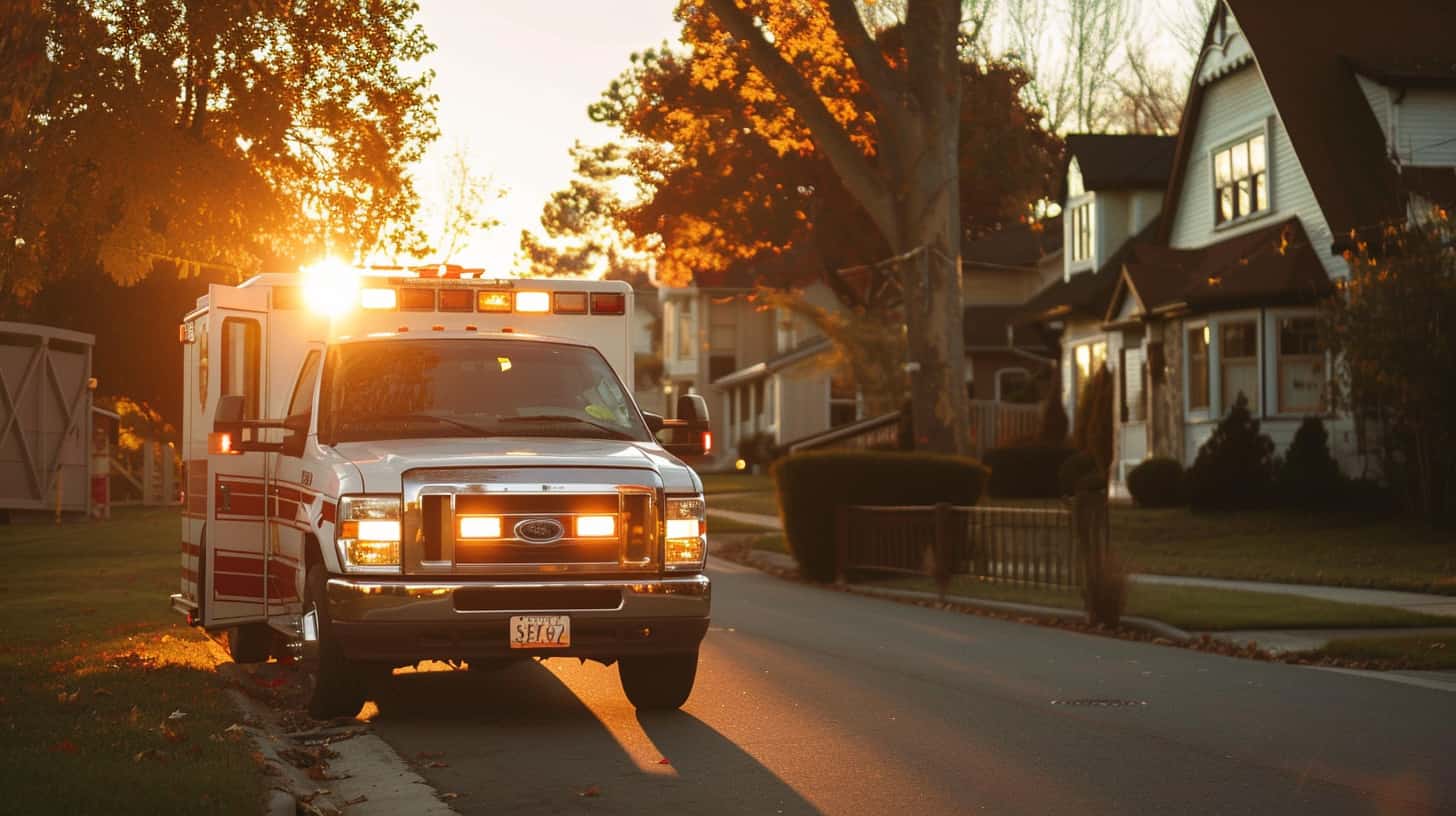Speaking in very broad terms, there are two kinds of substances (outside of hallucinogens and opioids): stimulants and depressants. One speeds up the nervous system. The other one slows it down. Barbiturates are the second one. And a barbiturate overdose is not only dangerous, but it is more common than you might think.
They once were used by psychologists to treat anxiety, insomnia, and seizures. Back in the day, these were the go-to. But these days, they aren’t as often prescribed as other medications.
This means that barbiturate overdose is not as common. But it is still an issue.
How Do Barbiturates Affect Your Body?
Barbiturates enhance the activity of a neurotransmitter called gamma-aminobutyric acid (GABA). This chemical slows down the brain’s activity. It is slightly hypnotic and calming. It works a bit like a sedative.
Here’s a closer look at how they impact your body:
- Brain: Slows down brain function, which can reduce anxiety and induce sleep but also impairs judgment and coordination.
- Heart: Slows heart rate, which can be dangerous at high doses.
- Respiratory System: Depresses the respiratory system, potentially leading to fatal breathing problems.

What are the Symptoms of a Barbiturate Overdose?
All of this said, the danger of using barbiturates, simply by their nature, puts you at risk of overdose. Why? Barbiturates have a narrow therapeutic-to-toxic ratio. Basically, the margins are very thin between having fun and accidentally taking a lethal dose.
This makes overdose a serious risk, leading to respiratory depression, coma, or death.
Here are a few of the signs of an overdose:
- Severe Drowsiness: Inability to stay awake or extreme fatigue.
- Confusion: Disorientation or inability to understand surroundings.
- Shallow Breathing: Slow or irregular breathing patterns.
- Slurred Speech: Difficulty in speaking clearly.
- Loss of Coordination: Trouble walking or standing.
- Coma: In severe cases, an overdose can lead to unconsciousness or coma.
Mixing Barbiturates
Mixing barbiturates with other central nervous system depressants (think alcohol or opioids) can be extremely dangerous. It’s like doubling down on slowing things down. It compounds the effects on your brain and respiratory system.
Call Emergency Services Immediately
1. If you suspect someone is having a barbiturate overdose, call 911 (in the U.S.).
This is not a time to flinch or hesitate about what people might think. An overdose like this is life-threatening, and you must act.
Stay on the line and tell the dispatcher everything, including all the details about what was taken and when. This is vital information for the first responders.
2. Ensure the Person’s Airway, Breathing, and Circulation (ABCs):
- Check Airway: Make sure the person’s airway is clear. Remove any obstructions from their mouth and throat.
- Monitor Breathing: If they are breathing but it is shallow or slow, monitor closely and be prepared to perform rescue breathing if necessary.
- Check Circulation: Look for signs of circulation, such as coughing, movement, or normal breathing. If there are no signs, continue CPR.
3. Place the Person in the Recovery Position (if Conscious and Breathing):
- Recovery Position: Lay the person on their side with their body supported by a bent knee. This helps keep their airway open and prevents choking in case they vomit.
- Keep Them Warm: Use a blanket or clothing to keep the person warm while waiting for emergency responders.
Importantly, stay with them. Be ready for the emergency team. Again, give all the details and answer their questions with full transparency.
Get Help Today
The issue here is probably more profound than you would like to admit. If a person is getting barbiturates (legally or otherwise) and mixing them with other substances, the likelihood of some psychological dependence is higher.
Over time, people supplement their drug use or tend to expand it to get a higher high (or, in the case of tolerance, get the original level of euphoria). Even though every person’s journey to addiction is unique, these signs are as old as time.
If you think you or someone you love might be in danger of a barbiturate overdose because of continual use, it’s time to reach out.
You are not powerless here. You can make a decision today to find your way back to who you once were. Call EagleCrest Recovery at 844-439-7627 for a free consultation with an addiction specialist.


